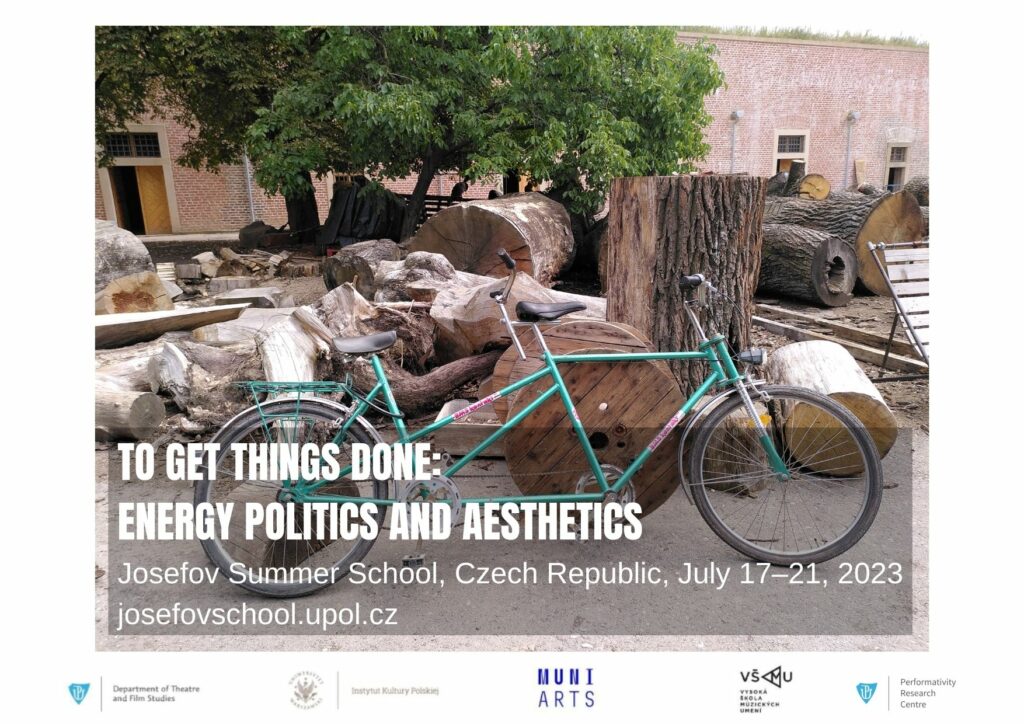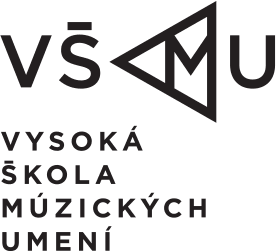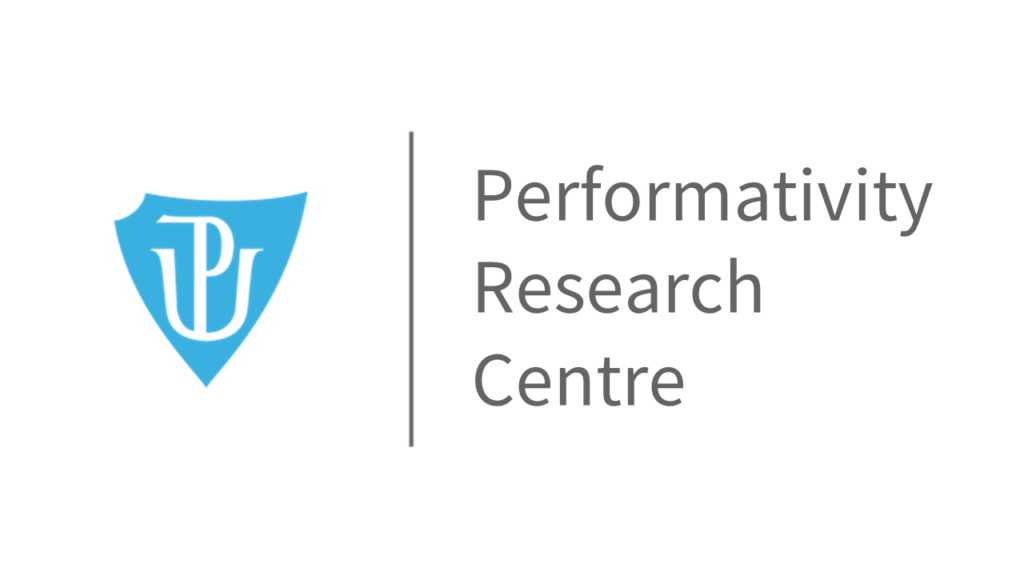
Josefov Summer School 2023
- Virtual activities: 26.7.2023
- Physical activity: 17.-21.7.2023
- Location: Josefov Fortress, Jaroměř, Czech Republic
Hosted by: The Department of Theatre and Film Studies, Faculty of Arts, Palacký University Olomouc (CZ), Department of Theatre Studies, Faculty of Arts, Masaryk University in Brno (CZ), Institute of Polish Culture, Faculty of Polish Studies, University of Warsaw (PL) and The Department of Theater Studies, Theatre Faculty, Academy of Performing Arts in Bratislava (SK).
To Get Things Done: Energy Politics and Aesthetics
Annotation
Despite living on a planet powered by an enormous source of energy – the Sun, humankind is unable to use this energy directly, transforming it into the cells of our bodies, unlike other species such as plants. The question of energy sources and transformations reveals how inextricably the individual perspective, experiences and needs are linked with the broader political and global interdependencies. In the next edition of the Josefov Summer School, we want to explore how energy, action, but also exhaustion and leisure are related and interconnected on a personal, social, and planetary level.
Modern physicists defined energy as the capacity to perform work. Work seems to be inevitable. Work is the condition necessary for us to get energy needed for our subsistence. In order to survive we have either to work, or to make someone or something perform this work for us. To act means to use resources previously saved for action. How can we use expertise from arts and humanities to re-imagine energy outside the paradigm of productivity? In the summer school, we want to address this question in a series of experiments, workshops and debates. At the same time, summer school offers free time to refresh ourselves in a convivial atmosphere with leisure activities and with people from different countries and backgrounds.
In the last centuries, humans have developed technologies that have helped to mobilize massive amounts of energy. For this reason, sometimes we forget about these fundamental conditions and restraints. Also, the summer school takes place in a former baroque fortress and later an internment camp, barracks, and a historical monument, that materializes huge transformation and concentration of energy, material, and people and discloses the burden of costs for its maintenance and aggressive biopolitics of modern state.
Thinking about energy is thus aesthetically and politically framed. The division of what we see and what not, and how sensible and knowable links are between the earth-forming energy infrastructure and everyday life ask for an inter-sectoral approach. In the summer school, we explore the undoing of existing hegemonic narratives on energy by artistic, playful practices and engaging intellectual debate, in order to re-connect what we perceive as isolated. Energy is in the food we eat, the warmth we take comfort in, the means of transport we use, or everyday items around us – and all of that is immersed in a web of complex dependencies.
We want to look closer: how are our individual efforts to save energy, to work less, to rest more undermined by the hegemonic economic system? Furthermore, we want to explore how to get things done – especially the ones working in favor of societal, economic and political change – while avoiding burn-out and exhaustion.
We would also like to discuss the global trends in energy politics: the promotion of renewable energy, the idea of energy efficiency and of decreasing the overall consumption of energy. What needs to be done in order to allow societies to lower energy consumption and yet live well? What will be the role of working and resting in this transformation?





